12 stories that may inspire hope
An AmeriCorps volunteer works with a student at Los Angeles's Youth Policy Institute.
Who says the world is just a bunch of nasty, dead-end stories? Here are a few that feature positive endings, chosen by the Solutions Journalism Network. What do we mean? Scroll down to read how Cuban medicine could help American inequality, a new movement to evolve the fight against concentrated poverty and an effort to improve college application process.
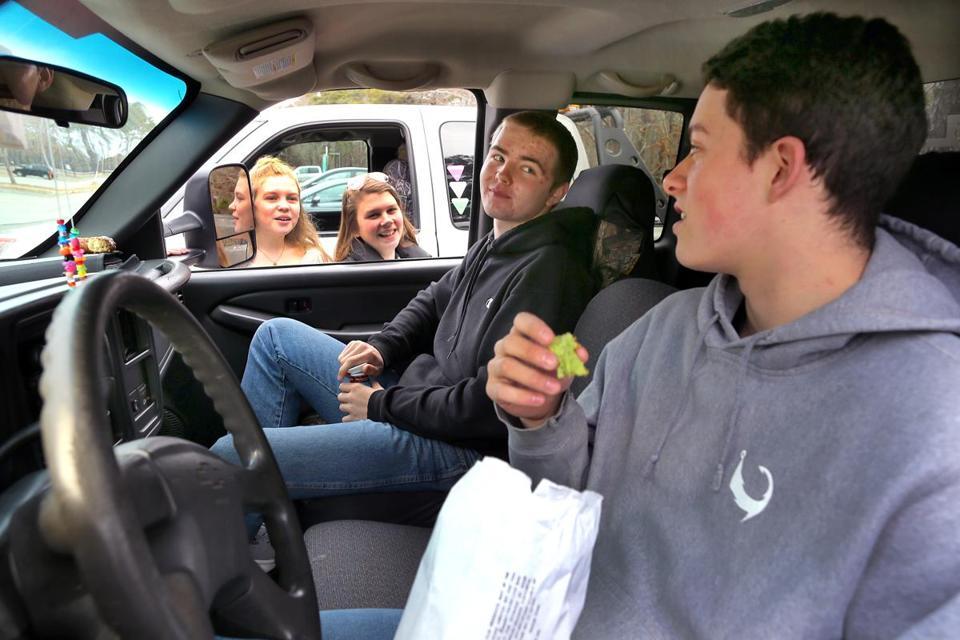
1. Students find more awareness with later starts
By James Vaznis | Boston Globe
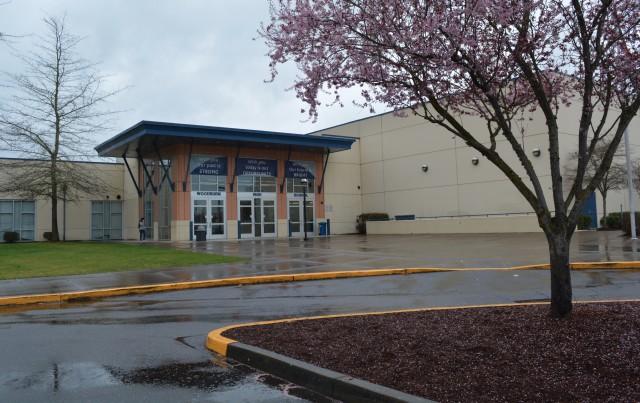
2. Live from Woodburn High
By Sage Van Wig | Oregon Public Broadcasting
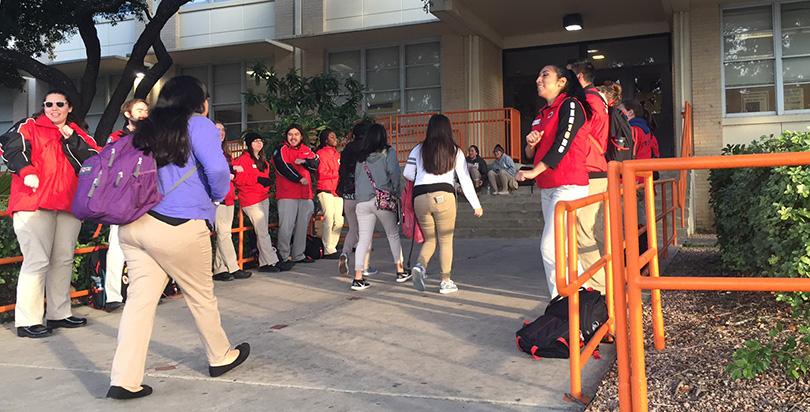
3. The 'diplomas now' way: Better Identify at-risk kids, do whatever it takes to get them to graduation day
By Mark Keierleber | The 74
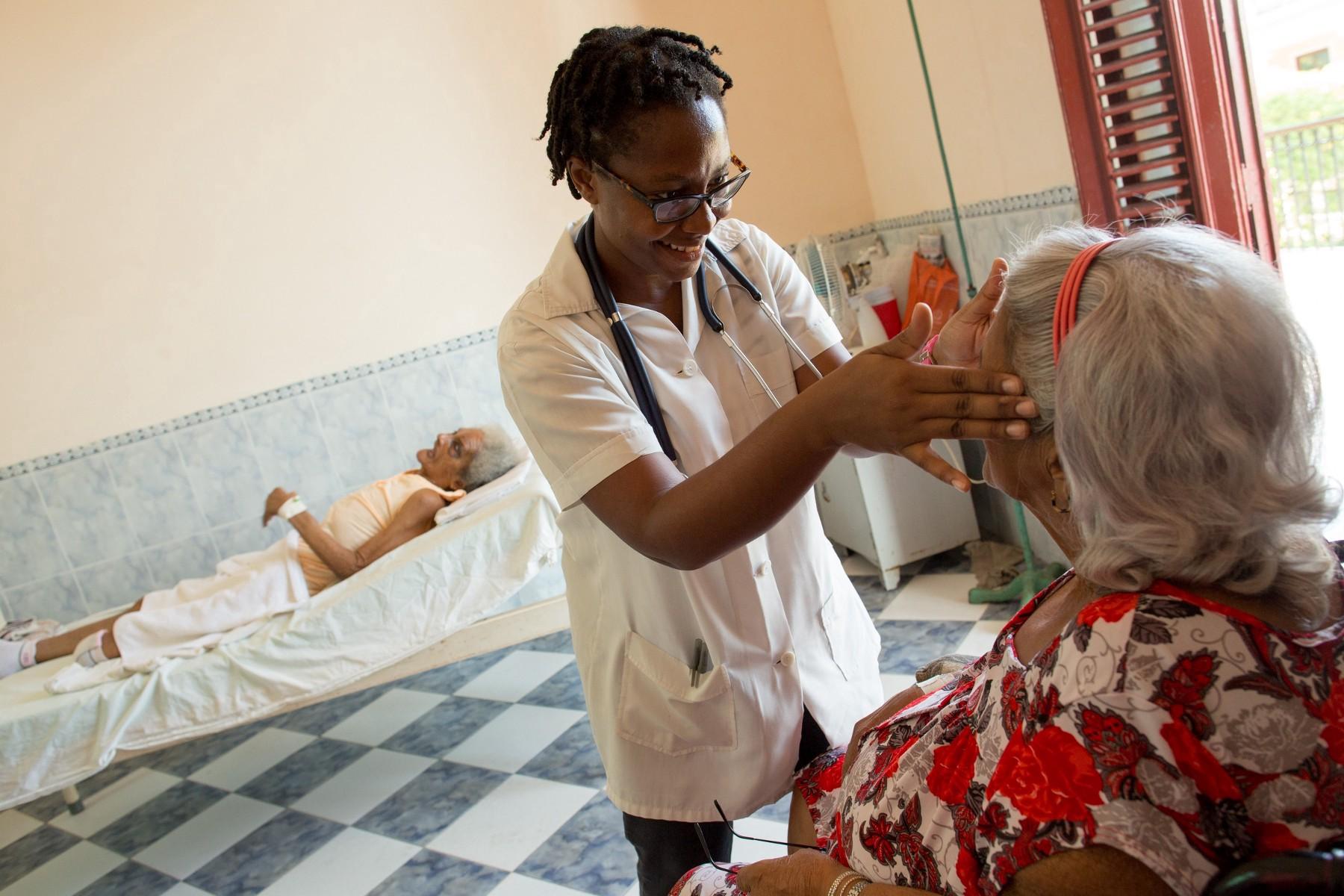
4. Can Cuban medicine help solve American inequality?
By Sam Loewenberg | The Development Set
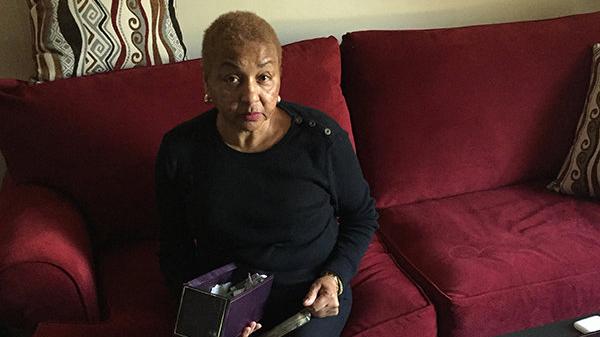
5. A tale of two leaks: Fixed in California, ignored in Alabama
By Neela Banerjee | Inside Climate News
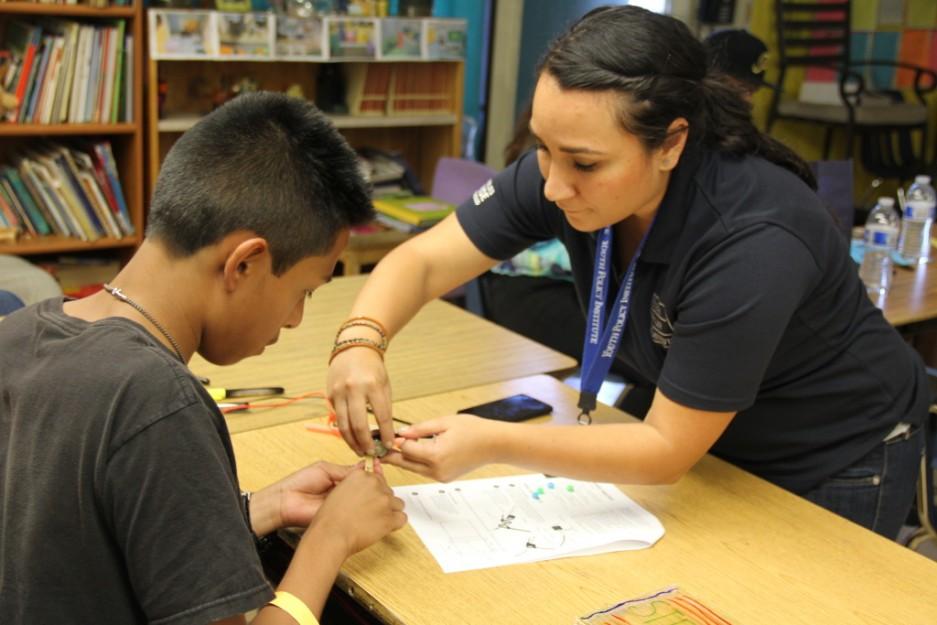
6. The evolving fight against concentrated poverty
By Peter Edelman | Talk Poverty
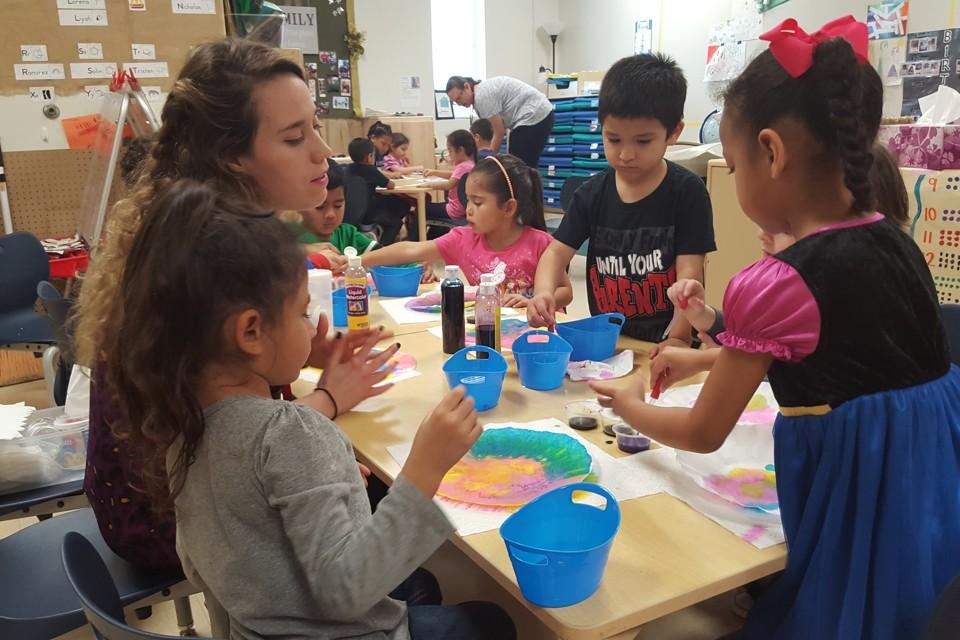
7. When the whole family goes to Pre-K
By Juleyka Lantigua-Williams | The Atlantic

8. How can the college application process be improved?
By Holly Korbey | MindShift (KQED)
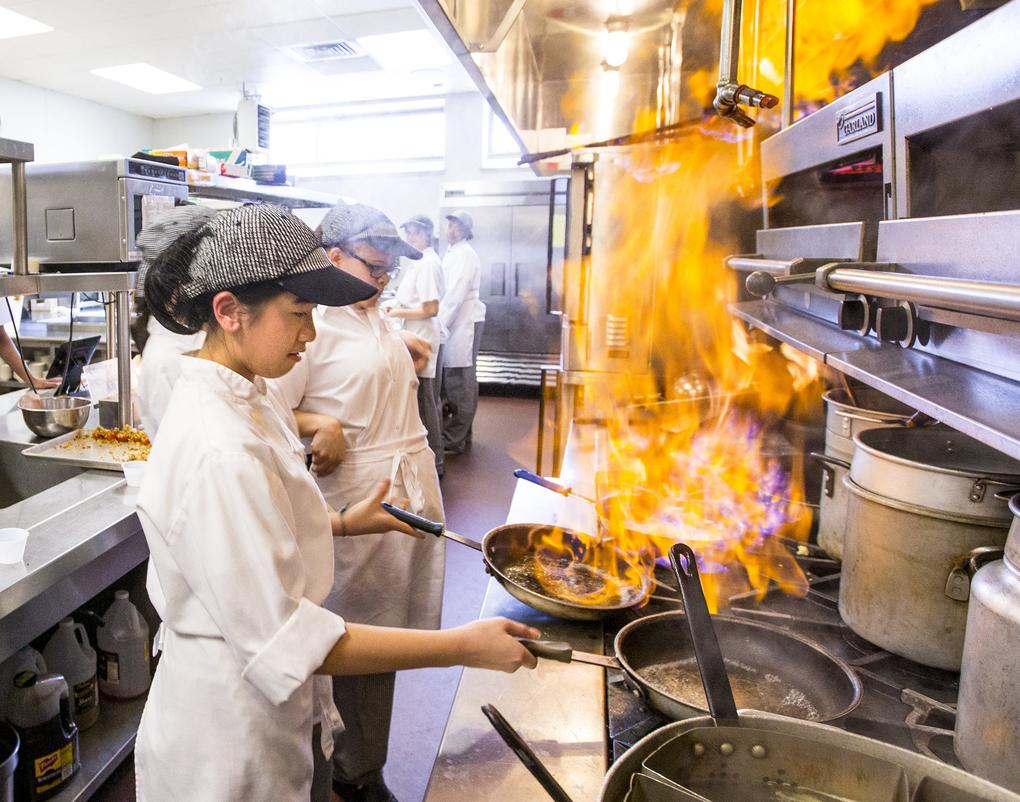
9. Massachusetts is a lot like us, so why are its schools so much better?
By Claudia Rowe | Seattle Times
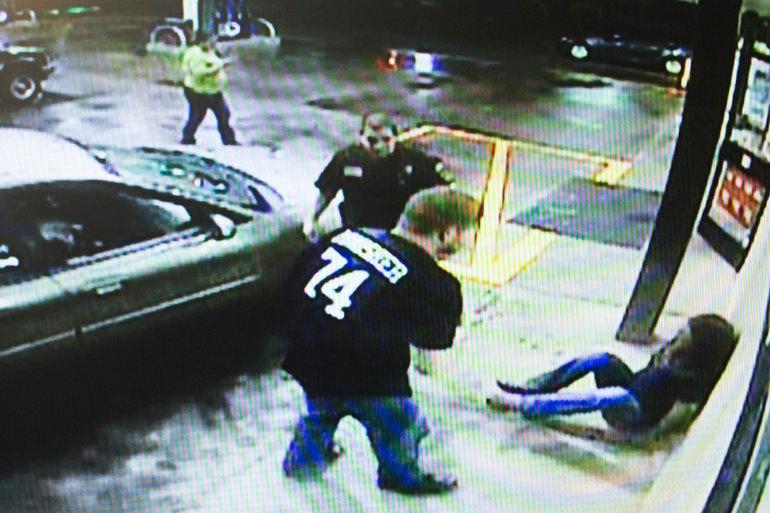
10. How high point, NC, solved its domestic violence problem
By John Buntin | Governing

11. Officials: ‘Woman’s state’ curbs domestic violence
By Beatriz Alvarado | Corpus Christi Caller-Times
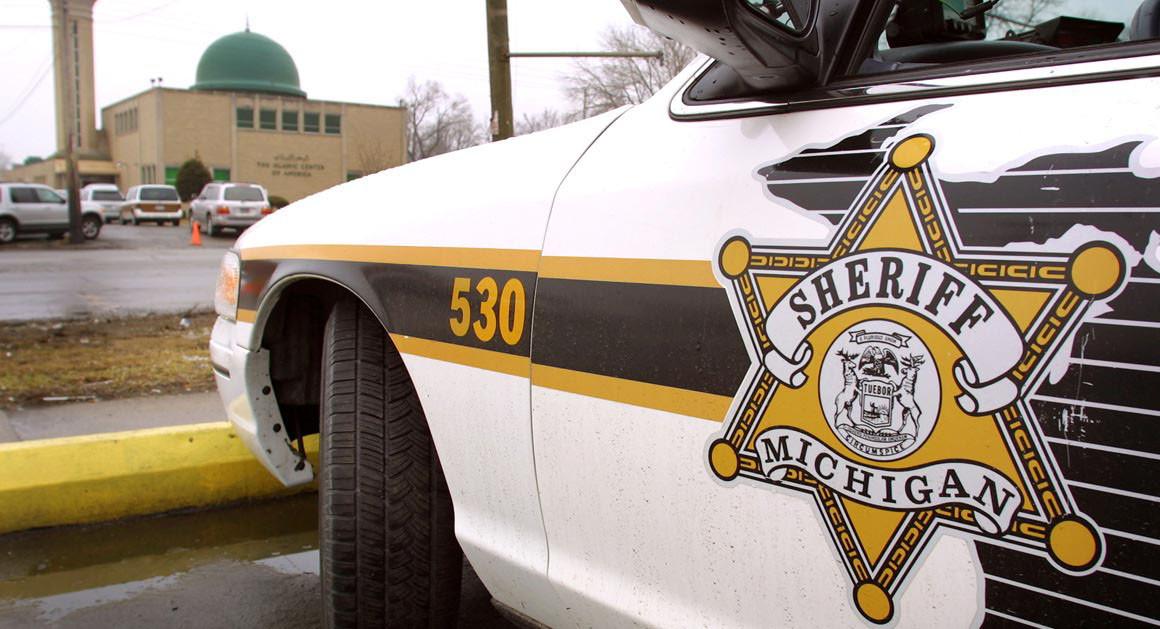
12. Inside the FBI’s secret Muslim network
Michael Hirsh | Politico